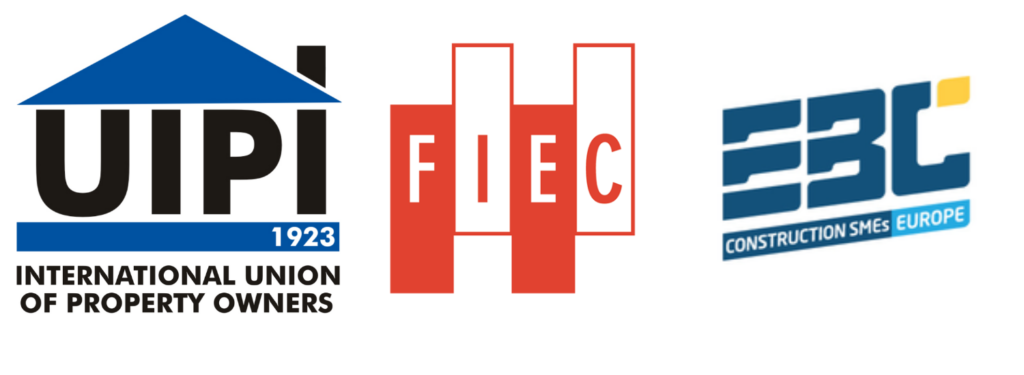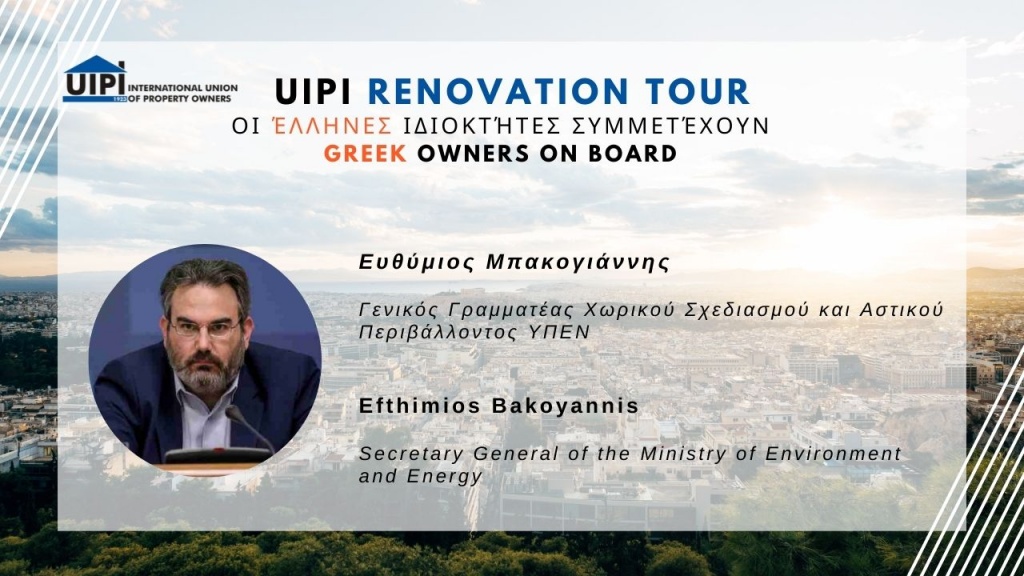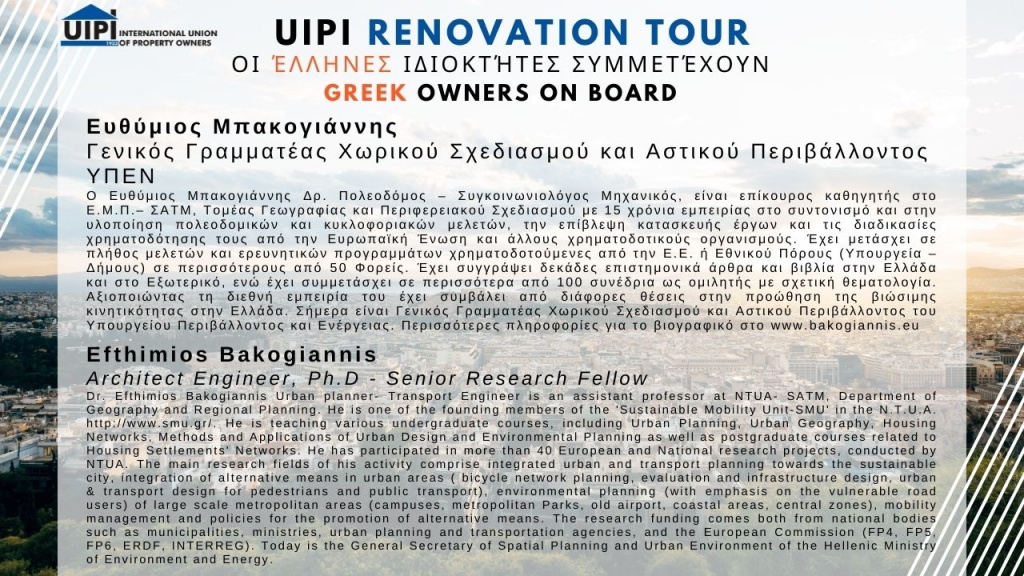European associations support the Italian Green Superbonus
26 May 2020
Brussels, Belgium
Brussels, 26 May 2020 – We European real estate and construction associations welcome and support the green Superbonus proposed by the Italian government to relaunch the building sector.
The COVID-19 pandemic has deeply disrupted the EU economy, the life of European citizens and business actors. The EU real estate and construction sectors have not been spared from those challenges. Urgent and unprecedented actions are necessary to promote ambitious measures for a revival of the building sector. At EU and national levels, the focus is put on Green Recovery.
In this context, the Italian Superbonus – a 110% tax discount on the expenditure for energy and anti-seismic renovation which merges two existing tools that have proven their efficacity after the 2008 economic crisis, namely the Ecobonus and the Sismabonus – has been announced. Households will be able to make use of the Superbonus to deduct renovation work on houses and condominiums billed from July 1, 2020 to December 31, 2021. The tax advantage will be 110% of the costs incurred to be spread over five years, without income requirements. The credit can be used directly by the beneficiary, or it can be transferred to the supplier (e.g. contractor) carrying out the intervention, that can decide to discount it on its fiscal duties or transfer it to banks and/or financial intermediaries.
Most of the works already planned for the Ecobonus and the Sismabonus should be covered by the incentive, with the addition of two important sets of measures: photovoltaic and the purchase of batteries and charging stations for electric cars. The 110% Superbonus will also facilitate work on common parts of multi-apartment buildings.
Our associations fully support the scheme hoping that in Parliament the measure will be improved to scale up its benefits and effectiveness. This would notably require including all type of properties[1] in the scheme, simplifying the conditions to pass on the credit to renovation companies and extending its timeframe of the scheme to factor in the long decision-making process in condominiums and postponement in permit procedure. With about EUR 7 billion investment until 2023 it should promote sustainable growth, improve energy efficiency and reduce CO2 emissions. Despite the large initial public investment required, the cost of the scheme should be compensated by increased tax revenue from business and job creation.
For all these reasons, we consider the Superbonus can set an example in Europe as a useful tool to foster a green recovery in the building and construction sector by setting incentives for households and companies. In the context of the Green Deal, member states should foster tax incentives considered by our sector as one of the most successful way to encourage renovation decisions.
[1] The Superbonus can be used for rental properties only for the seismic part, not the part linked to energetic renovation, which will limit the impact of the scheme and complexify its implementation.
Emmanuelle Causse Secretary General International Union of Property Owners (UIPI) | Domenico Campogrande Director General European Construction Industry Federation (FIEC) | Eugenio Quintieri Secretary General European Builders Confederation (EBC) |




